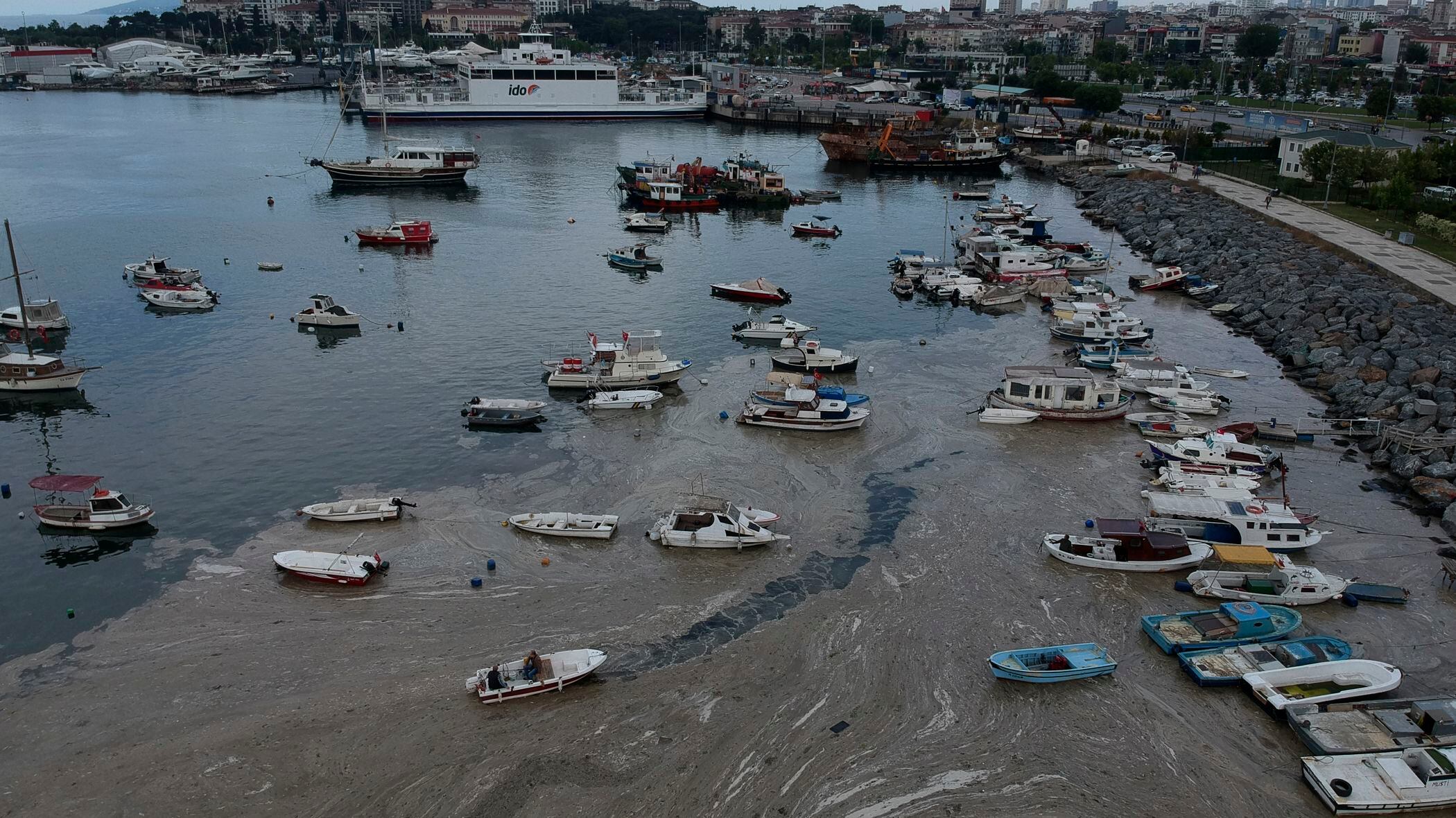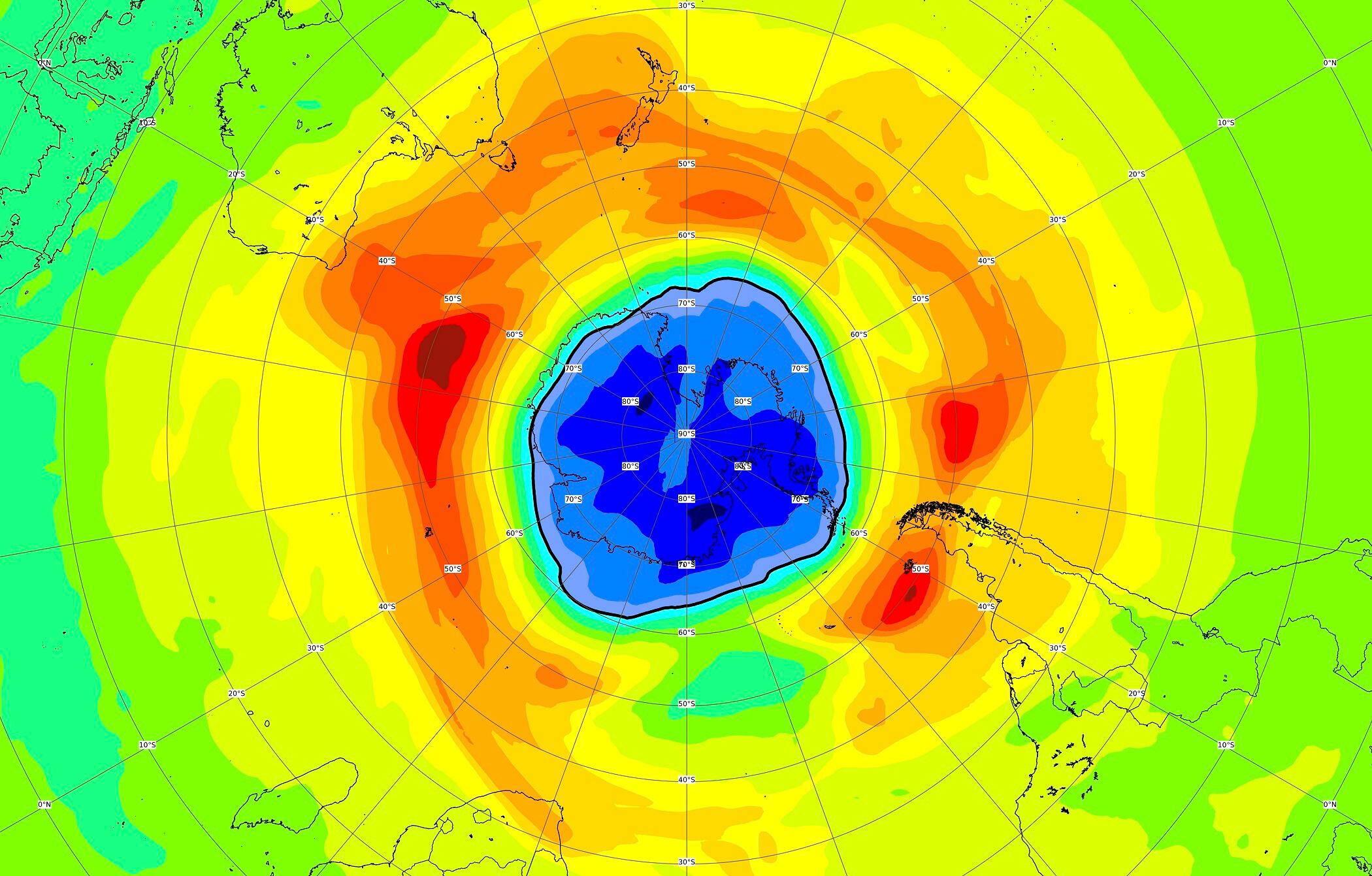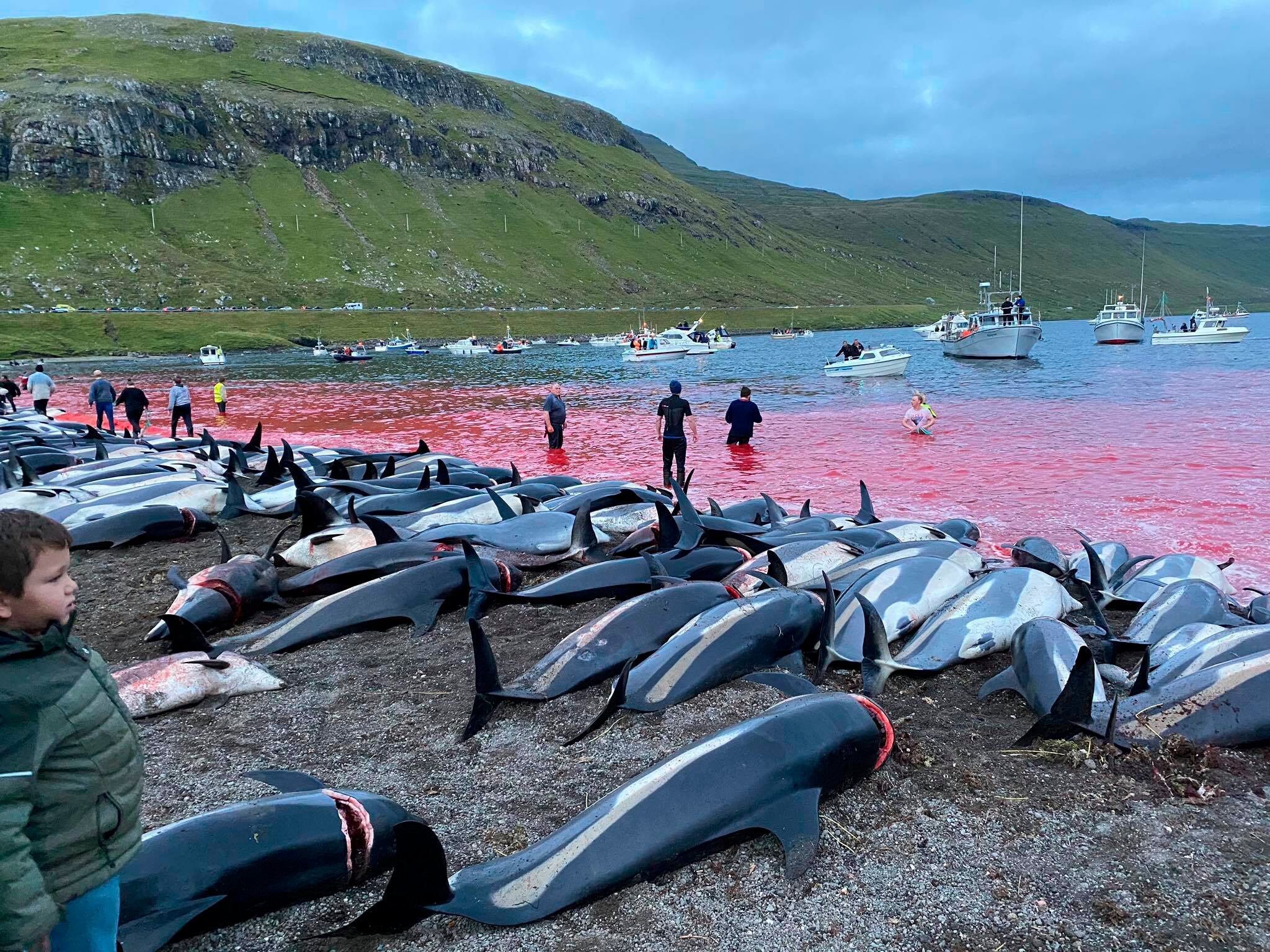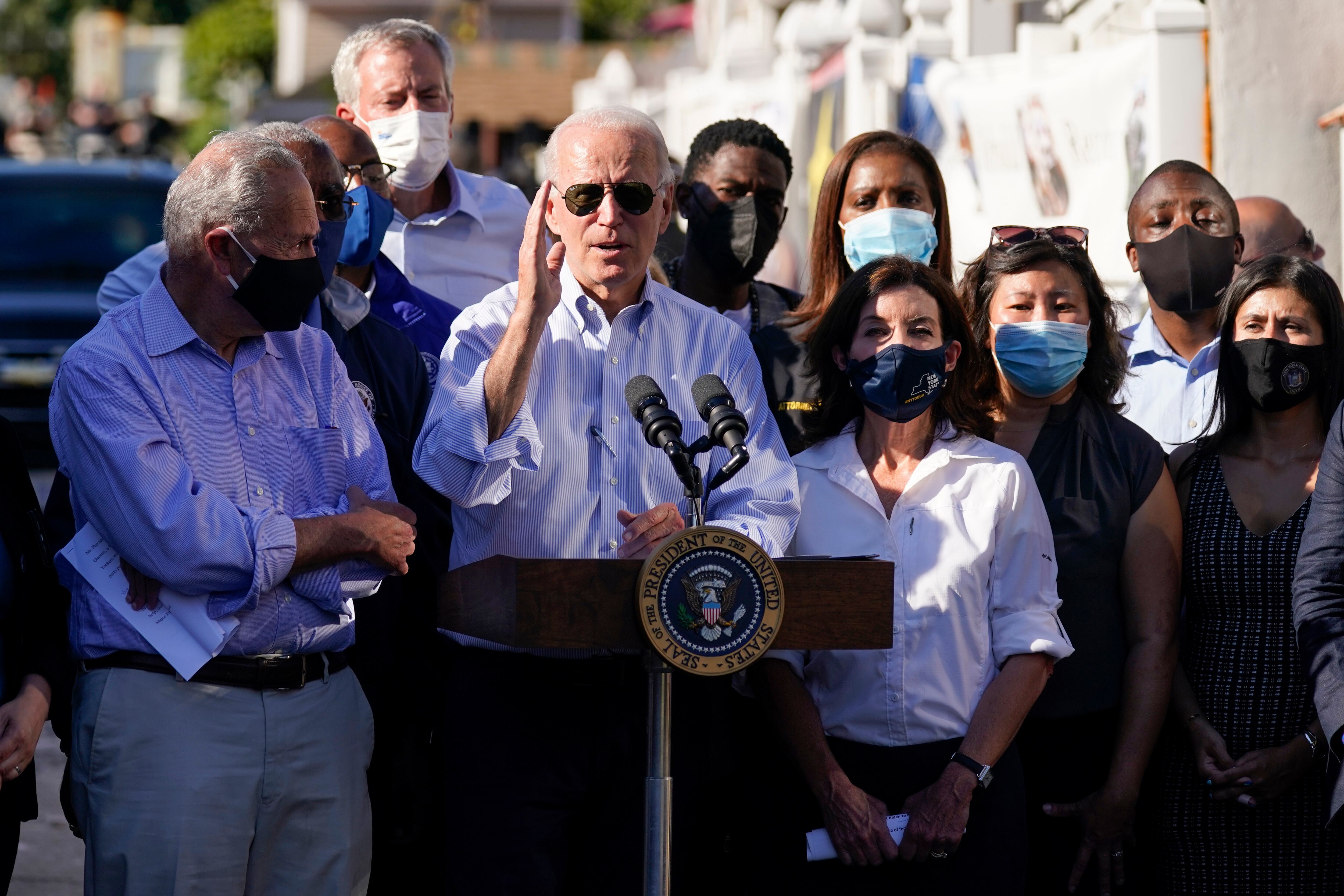Turkey’s president promised Saturday to rescue the Marmara Sea from an outbreak of “sea snot” that is alarming marine biologists and environmentalists.
A huge mass of marine mucilage, a thick, slimy substance made up of compounds released by marine organisms, has bloomed in Turkey's Marmara, as well as in the adjoining Black and Aegean Seas.
Turkish President Recep Tayyip Erdogan said untreated waste dumped into the Marmara Sea and climate change had caused the sea snot bloom. Istanbul, Turkey’s largest city with some 16 million residents, and five other provinces, factories and industrial hubs border the sea.
Marine mucilage has reached unprecedented levels this year in Turkey. It is visible above the water as a slimy gray sheet along the shores of Istanbul and neighboring provinces. Underwater videos showed suffocated coral covered with sea snot.
Erdogan said he instructed the Ministry of Environment and Urbanization to coordinate with relevant institutions, municipalities and universities. Teams are inspecting waste water and solid waste facilities, along with other potential sources of pollution, he said.
“We will save our seas from this mucilage calamity, leading with the Marmara Sea,” Erdogan said. “We must take this step without delay.”
Marine experts say that human waste and industrial pollution is choking Turkey’s seas. They say the rise in water temperatures from climate change is contributing to the problem.
The White House says President Joe Biden will ease foreign travel restrictions into the U.S. beginning in November.
Pfizer says its COVID-19 vaccine works for children ages 5 to 11 and it will seek U.S. authorization for this age group soon — a key step toward beginning vaccinations for youngsters.
An influential federal advisory panel has overwhelmingly rejected a plan to give Pfizer booster shots against COVID-19 to most Americans, but it approved the extra shots for those who are 65 or older or run a high risk of severe disease.
President Joe Biden is trying to hammer out the world’s next steps against rapidly worsening climate change in a private, virtual session with a small group of other global leaders.
Scientists say the Southern Hemisphere ozone hole is larger than usual and already surpasses the size of Antarctica.
The slaughter of 1,428 white-sided dolphins as part of a four-century-old traditional drive of sea mammals into shallow water in the Faeroe Islands where they are killed has reignited a debate in the small North Atlantic islands.
Space Milestone, Booster Debate & Greatest Songs Ever
President Joe Biden has invited CEOs and business leaders to the White House to discuss COVID-19 mandates.
For the first time in 60 years of human spaceflight, a rocket is poised to blast into orbit with no professional astronauts on board, only four tourists.
Solar energy has the potential to supply up to 40% of the nation’s electricity within 15 years — a 10-fold increase over current solar output, but one that would require massive changes in U.S. policy and billions of dollars in federal investment to modernize the nation's electric grid, a new federal report says.













